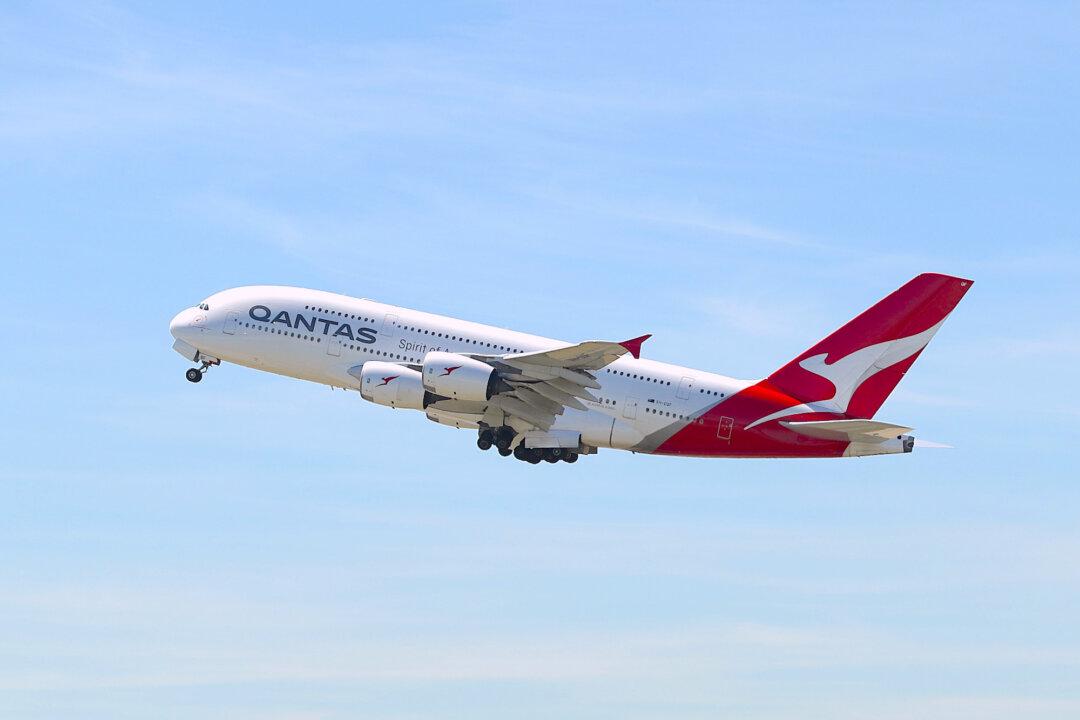Over the next month, Qantas will be operating Australian government flights to rescue citizens stranded overseas. Cabin crew recruited for the mission crew will be paid a full month’s wages—including time during mandatory self-isolation, which could take place in a hotel, also paid for by the airline.
This arrangement also includes paying for meals, a Qantas Group spokesperson told The Epoch Times.





